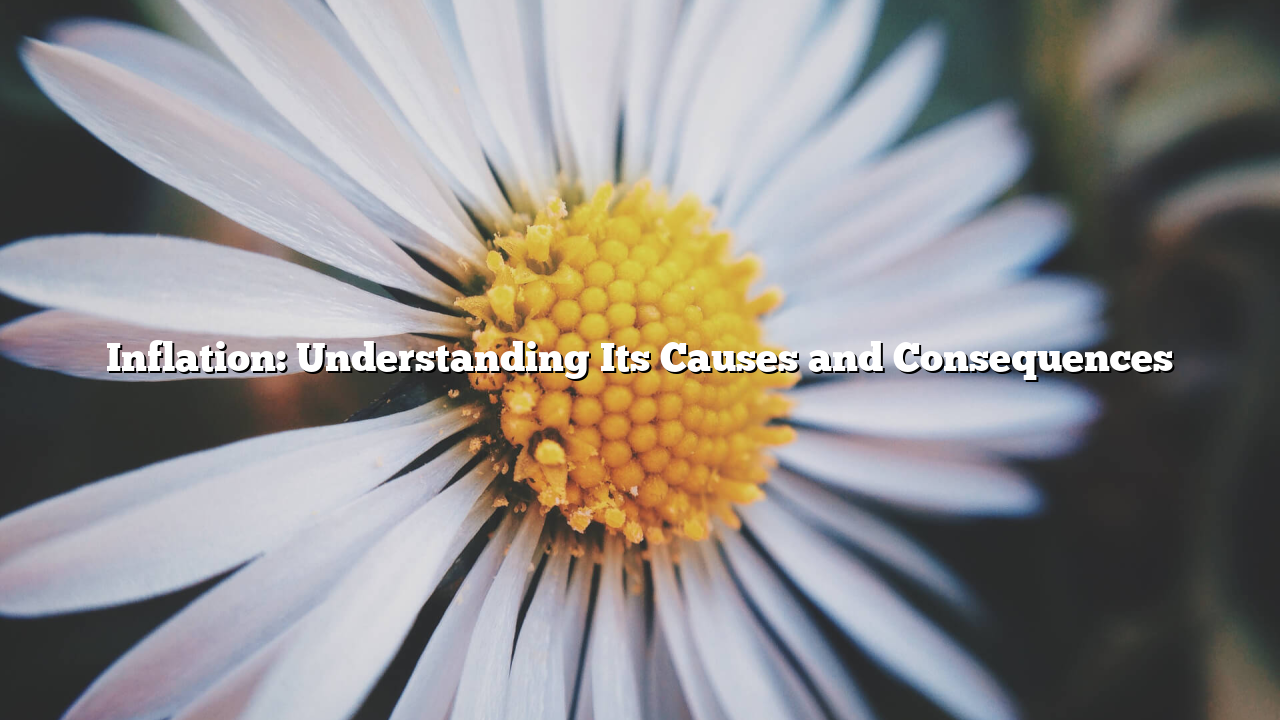Inflation, the persistent rise in prices over time, affects nearly every aspect of economic life. While moderate inflation signals a growing economy, uncontrolled inflation can erode purchasing power and destabilize financial systems. Understanding betpaus its causes and impacts is crucial for both policymakers and consumers.
The primary driver of inflation is demand exceeding supply. When consumers and businesses spend more than the economy can produce, prices naturally rise. Other causes include higher production costs, global supply chain disruptions, and monetary expansion by central banks. For instance, the post-pandemic stimulus measures led to inflation spikes in many countries.
For consumers, inflation reduces the real value of money. Everyday goods—from food to housing—become more expensive, making it harder to maintain living standards. Savers also suffer as fixed returns lose value over time. Investors, however, can benefit by holding assets that appreciate faster than inflation, such as real estate or stocks.
Central banks combat inflation by raising interest rates to slow borrowing and spending. This can stabilize prices but may also risk slowing economic growth. Balancing these effects requires precise and timely policy decisions.
Inflation is a natural part of economic cycles, but its management defines a nation’s financial health. By understanding its mechanisms, individuals and governments can better prepare for both its challenges and opportunities.
